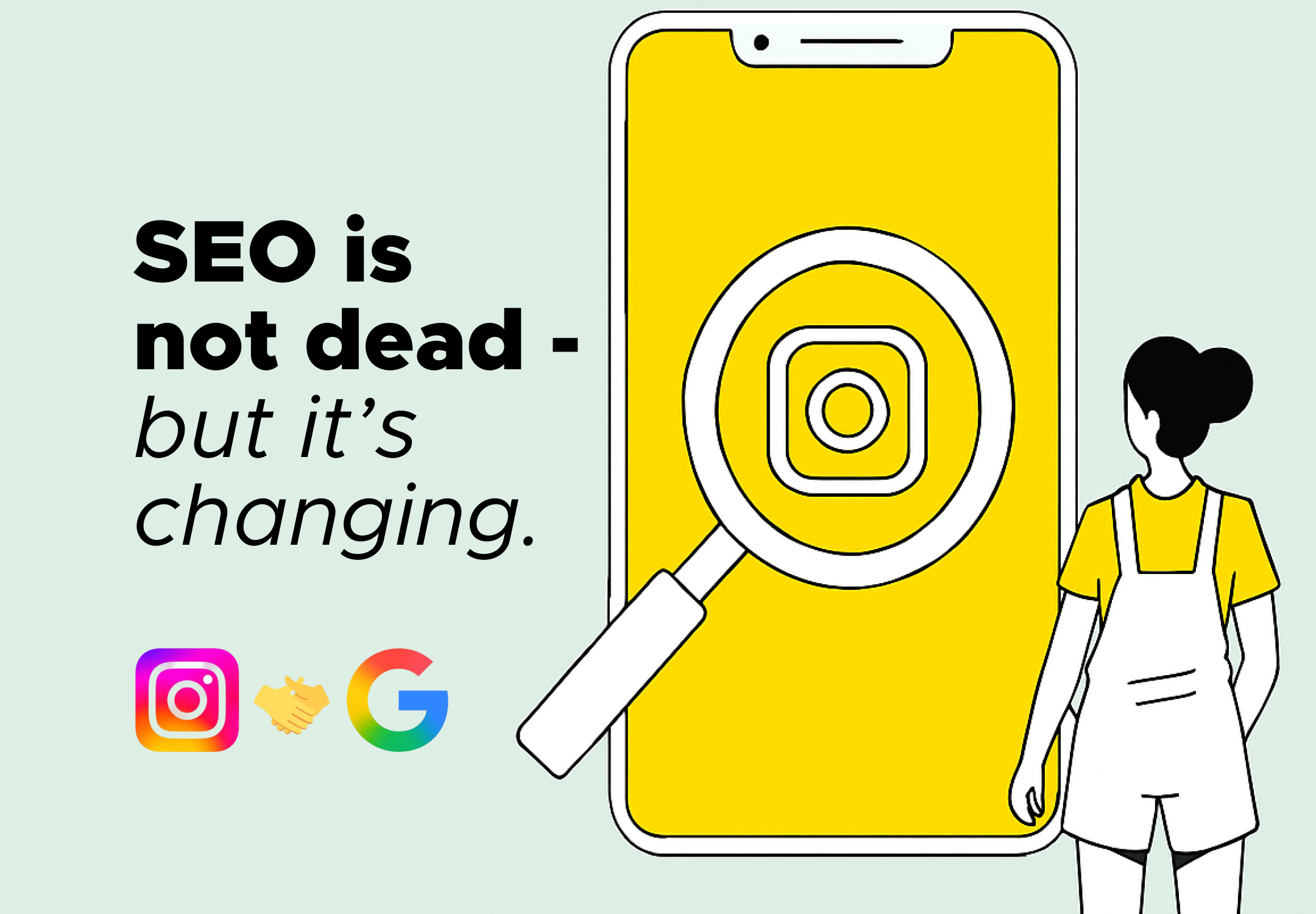In Shopping, Virtual is the New Viral!
The latest news from Snapchat, TikTok and YouTube and the overarching theme of the week seems to be the advance of new technologies into the e-commerce world.
April 19, 2024
💍
New technologies are making their way into the world of e-commerce. Snapchat has introduced an augmented reality (AR) feature allowing users to virtually try on Cartier’s “Trinity” ring. This AR experience uses advanced Ray Tracing and Hand Tracking technologies to present a highly realistic and interactive simulation of how the ring fits. It also reflects metals and diamonds accurately and adapts the ring to individual hand shapes using machine learning. This innovation enhances the online shopping journey by merging digital browsing with the tactile feel of physical retail. It boosts buyer confidence and potentially increases conversion rates. For brands, this opens up new, creative possibilities for promoting products, particularly to younger demographics who are keen on immersive and interactive shopping experiences.
🛒
At the same time, YouTube is expanding its e-commerce capabilities with new in-stream shopping tools and affiliate partnership opportunities. The platform’s “Shopping Collections” feature allows creators to highlight products from favoured brands directly beneath their videos. An “Affiliate Hub” offers a structured environment for exploring and engaging in affiliate relationships, complete with commission details. These new features make it easier for viewers to purchase directly within YouTube, making for a seamless shopping experience. This integration of new technologies and e-commerce is likely to drive direct sales. It also benefits brands by linking video marketing strategies with immediate purchase opportunities.
🤖
Meanwhile, TikTok is venturing into the realm of AI-driven virtual influencers, developing capabilities for brands to employ AI-generated personalities to promote and sell products via videos and live streams. This approach of mixing new technologies with e-commerce, mirroring the success seen with Douyin, TikTok’s counterpart in China, could make online selling more dynamic. Virtual influencers can operate continuously, offering real-time interaction with customers—a feature that might particularly resonate in markets slower to embrace e-commerce on TikTok, like Western countries. This innovative strategy could redefine engagement, providing marketers with tools for more personalised and scalable brand promotion.
Read more about AI and influencer marketing.
Sign up for our weekly social media updates
Latest News ☕

Instagram’s Game-Changer: Your Content Is Now Google‑Indexable
July 15, 2025
Your Instagram content is now fully indexed by Google. This update positions Instagram as ...

How Local Intelligence Wins Global Markets
July 15, 2025
If you're a successful global D2C brand scaling big on Social Media, you'll know this trut...

Shock Drop, Big Impact: What Bieber’s Surprise Release Says About the Industry
July 14, 2025
Justin Bieber dropped his seventh album Swag with zero warning - one Instagram Story and t...


